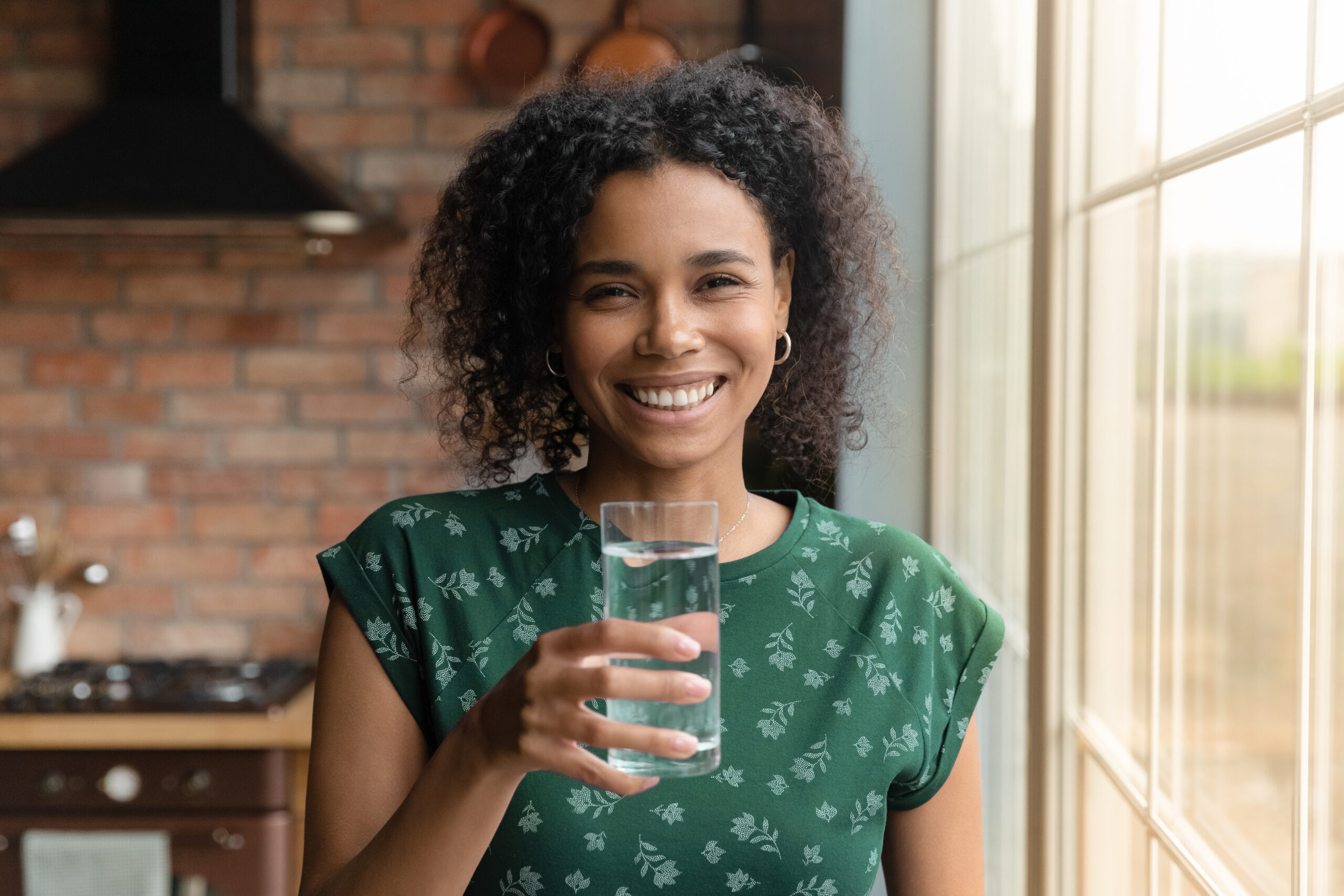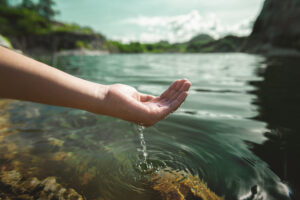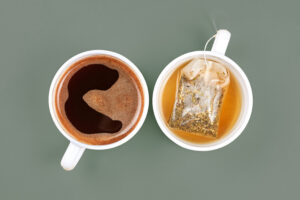
Published by : Sep 09 2022 Posted by : NVIH
Written by Elise Theriault
We have been facing extraordinary temperatures this summer and still have a little ways to go before we finally get to break out the cozy fall blankets and remark on how early the sun is setting. Daylight savings is coming, but so are more high temperatures. One of the greatest measures you can take to combat this late summer heat and protect yourself is to properly hydrate. But what does this mean and are all liquids created equal in fighting the good fight against the blazing sun? Let’s take a look.

Our bodies are comprised of 60-70% water. It is an essential nutrient. While it’s easy not to think of it as a nutrient like proteins, fats, or vitamins, it most certainly is an essential nutrient. Every single one of our biochemical reactions occurs in and with water. The spaces between our cells are filled with… you guessed it… water.
It forms the structures of large protein molecules and glycogen (our energy!) and when we are dehydrated from lack of water or high temperatures, these structures can shrivel and malfunction and the tissues in your body can begin to dry out. Lack of energy, dizziness, fainting and decreased blood pressure can occur with severe dehydration in a condition called orthostatic hypotension.
When we are properly hydrated, that water can do its job by carrying nutrients to our cells and provide the correct amount of turgor pressure within our cells for structural support. Essentially, we are our best and most vibrant selves when we are properly hydrated. But even when we are getting adequate water intake, summer heat waves can add another factor to consider.

Under normal conditions, your average daily water intake may be fine, but when you add temperatures that can go from 90 – 112 degrees Fahrenheit and beyond, your body needs even more water. You have an amazing system to deal with high temperatures. Your body senses the rise in heat and your blood vessels begin to dilatate to increase blood flow to the skin. With blood flow being closer to surface, it allows heat to radiate off your skin and away from you.
Then, your sweat glands do a very nice thing and brings fluid to the surface of your skin, allowing evaporation to cool your skin and inevitably your whole body. This is akin to why swimming in hot weather is so pleasant and why using a spray bottle of water to spritz your skin can help cool you down.
The only problem with sweating is that it dehydrates you of your body fluids, especially in extreme heat, and so you will need to compensate with your fluid intake to offset the loss you will have with your body’s natural cool-down method. A lot of water can be hard to swallow, especially if you are not used to drinking it. So that raises the question; “Can I drink any fluid in extreme heat for hydration?”

The answer here is not quite. While there is water found in most beverages and they can help contribute to your daily water intake most of the time, in extreme heat, they should be treated differently. Here are some drinks to avoid during heat waves and why you may want to steer clear (until the wave passes!)
Soda – Yes, even ice-cold soda may be tempting to reach for on a hot day, but the high sugar content actually worsens dehydration and aids in the development of kidney disease. Yikes.
Coffee & Tea – For accustomed coffee and tea drinkers, these might be fine during heat waves, as long as they are balanced out with ample pure water. The caffeine effects in these beverages can be exacerbated on a hot day and the diuretic effect of caffeine hastens urine output which does not help with hydration.
Sports Drinks – The advertising on these bottles can be deceiving. They promise high electrolytes and hydration, but their extremely high sodium and sugar content are really only suitable for high performance athletes during high performance! Not for someone trying to lay low and stay cool in extreme weather. These compounds can dehydrate you more.

Alcohol – This one is probably one of the biggest culprits filled with epic anti-hydration powers. Along with being a natural diuretic, alcohol inhibits the mechanism in the human body that regulates water levels. Put this one back on the shelf for a cooler day!
Water – Nothing beats the best of the best. You don’t need this article in order to know that, no doubt. Its lack of salt, sugar, and even carbonation creates the ultimate element that our body craves. Carbonated water can be a hydrating alternative and is a much better option than soda, but pure water quenches the human body like no other.
Coconut water – Unsweetened coconut water is low in carbohydrates and proven to hydrate the body. This is an excellent option if you want to mix up your fluid intake with a different flavor.
Homemade Green Smoothies – We get a portion of our daily hydration through food, and no foods do this better than fruits and veggies. Water-based fruits like melon and cucumber are good choices to reach for. Keep the sugars in these all-natural and reap the benefits of green smoothie hydration.

You should always ask your doctor first about what water intake is right for you. As with most things, too much water intake can lead to problems, like hyponatremia or water toxicity. If you are more active in the heat, make sure to balance your intake with electrolytes and moderate sodium. Regardless, in hot weather the answer to how much water you should drink is almost always more than on a normal cool day.
How much more depends on a few factors such as temperature, humidity, if you are outdoors in the sun, your activity level, and other dehydrating beverages you may have consumed that day. It’s a lot to think about! Keep these factors in mind and adjust accordingly. The heat can be brutal, but you can be ahead of the game in using water to regulate your hydration. Thirsty yet?